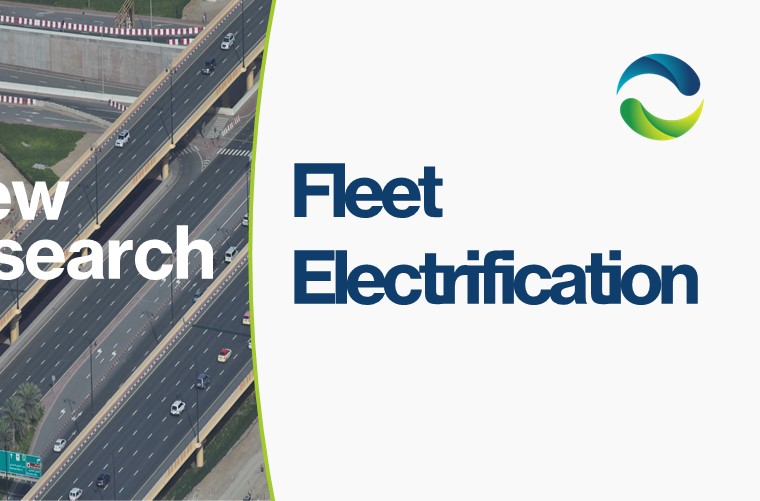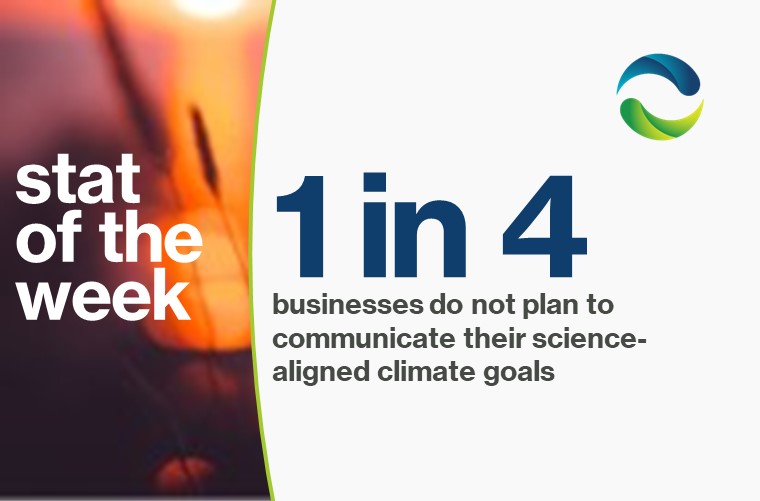Amid the flurry of studies, analysis, and guidance on how companies should navigate the Great Resignation, a recent survey by HR consulting group Randstad found that 44% of US respondents said they wouldn’t accept a job with a company that wasn’t aligned with their social and environmental beliefs. 34% of survey participants from the US said they wouldn’t accept a job from a company that wasn’t making efforts to become more sustainable. Gen Z respondents were even more discerning: over half said they wouldn’t accept a job offer from companies that aren’t engaged in sustainability efforts.
We have to acknowledge that this was a survey, and these exact percentages are theoretical; it isn’t certain that each of these respondents would act accordingly when a job offer hit their desk. But it does have some interesting implications for business leaders who are – or even worse, aren’t – engaging in ESG programs. And these findings do track with other recent reports. An analysis of Fortune’s 2019 “100 Best Companies to Work For” found that employers with the highest employee satisfaction had ESG scores 14% higher than average, and employers who were most attractive to young professionals and students had ESG scores 25% higher than the average. If employees act in accordance with these stats, these findings have some serious consequences.
Recruiting isn’t cheap, and the longer that a company’s HR department has to search for employees who aren’t impressed by their ESG actions, the more expenses the company incurs. This isn’t including the productivity or value lost by unfilled positions. One recent estimate from Deloitte HR expert Josh Bersin reported that replacing a lost employee could cost as much as 1.5 to 2x their annual salary (with costs accumulating from onboarding, training, lost productivity, lost engagement, and negative impact to company culture).
The list of reasons to get serious on ESG is long enough, with clear benefits like accessing lower-cost capital, maintaining positive consumer reputation, and increasing operational efficiency (we’ve talked about some of these in past blog posts – read posts like this one for more). While HR has been largely excluded from discussions around environmental responsibility, underestimating the returns from an ESG-aligned recruiting strategy means that companies are underinvesting in their ESG efforts. By ensuring that top talent will join, stay, and maintain engagement with their work, companies will win big.
Our work at The Climate Board focuses on how company leaders can position their company for maximum climate action while gaining real benefits in all aspects of their business. Reach out to us if you’re interested in learning more about our work.




